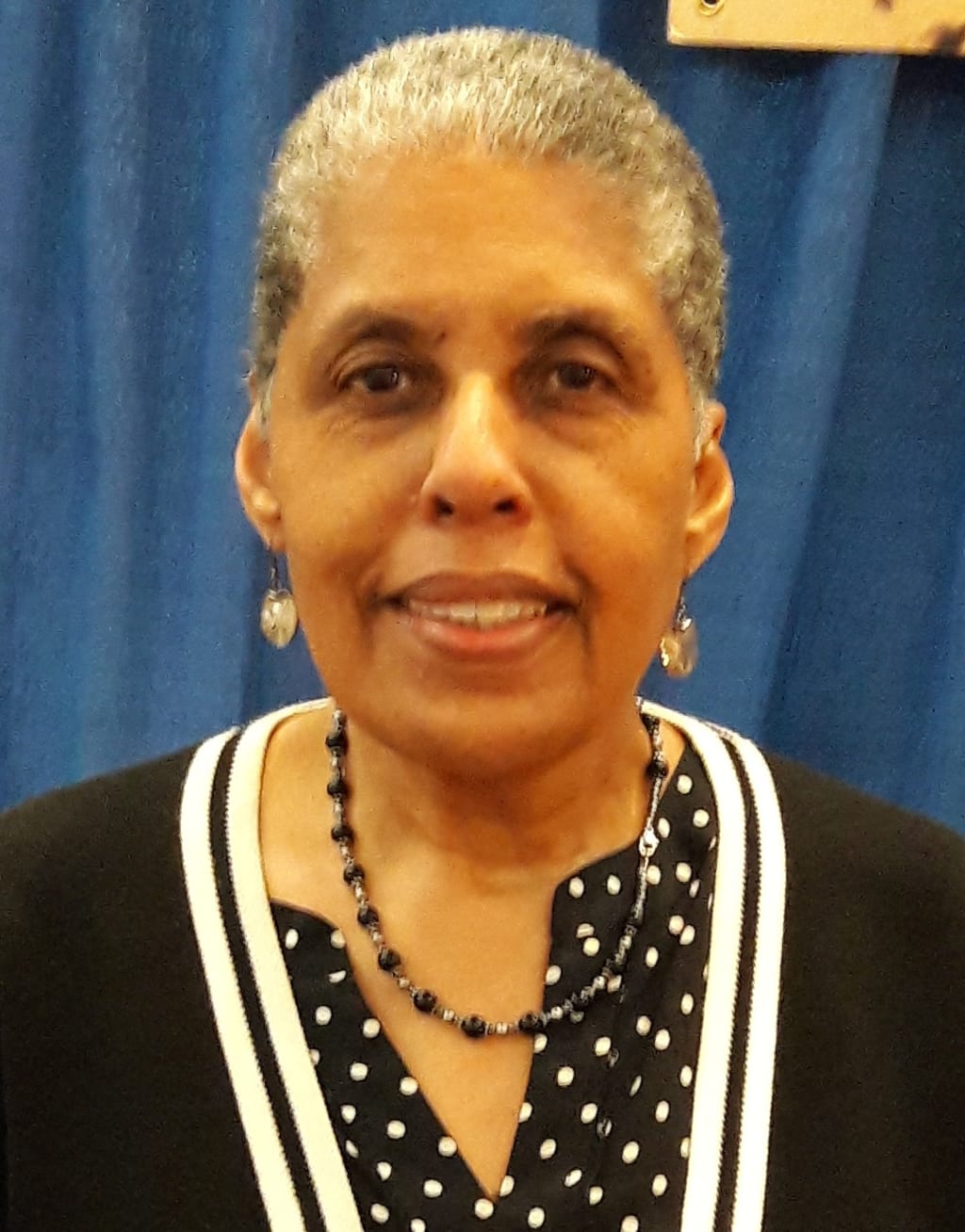
Focusing on lesbianism and women of color is Barbara Smith's piece "The Truth that Never Hurts Black Lesbians in Fiction in the 1980's." Smith gives us a run-down of what has and has not changed between her 1977 commentary on black criticism and her 1985 article here.
She lists the women's anthologies that have been published by women of color that include This Bridge Called My Back, Home Girls, and more, reminding us that literary critics Calvin Hernton and Barbara Christian both share a similar theory that many of these anthologies represent books published predominantly by the smaller presses rather than larger more mainstream publishers. Smith lets us know that what has not changed is black lesbian acceptability in any mainstream publishing arena.
She does however credit feminism with a rising acceptance of the discussion of lesbianism on a public level. Christian also agrees with her.
Smith also raises the issue of homophobia by mentioning the differences between feminists who have worked in organizations who work with and through homophobia, and those who don't. She mentions the silence of some women as a form of homophobia as well. This brings the conversation to a critique of black women writers who represent straight women who's life experiences either show their understanding of having worked through homophobia, and those who have not worked through it.
She Says "Black Feminist critics who are lesbians can usually be counted upon to approach Black Women's and Black Lesbian's writing non homophobically. Non-lesbian Black feminist critics are not as dependable." (Mohanty 106)
Smith also critiques three Black writers to give examples of the work can that come from both straight and lesbian black women. The writers she looks at are Gloria Naylor, Alice Walker, and Audre Lorde. Naylor is a straight black woman who has written several very good books worth reading, but in the Women of Brewster Place, her depiction of lesbians in a black community leave a lot to be desired.
The book has a section that focuses on lesbians called "The Two." This portrayal leans heavily toward the negative. One character wants very much to fit into the community, and the other doesn't care, but attempts it to please her lover. Their story plays out ending in a violent rape of one of the characters and highlights how much they didn't seem to fit into the community that was mostly straight.
Alice Walker, also a straight woman gives a more positive portrayal of lesbians Celie and Shug in her book The Color Purple. Smith thinks that even though her portrayal is positive, what Walker sometimes misses are the nuances of lesbianism that may not be immediately clear to straight women, but easily recognizable by lesbians.
Audre Lorde's work Zami: A New Spelling of My Name is about lesbians by a lesbian who knows what she is talking about. Smith discusses the differences between these works and the fact that when lesbianism becomes an issue perhaps the only answer for the black lesbian today is still the alternative presses. Unfortunately there are fewer of these presses today. So for Black Feminist writers the issue of visibility is still a top priority.
About the Creator
CL Robinson
I love history and literature. My posts will contain notes on entertainment. Since 2014 I've been writing online content, , and stories about women. I am also a family care-giver.
Enjoyed the story? Support the Creator.
Subscribe for free to receive all their stories in your feed. You could also pledge your support or give them a one-off tip, letting them know you appreciate their work.






Comments
There are no comments for this story
Be the first to respond and start the conversation.